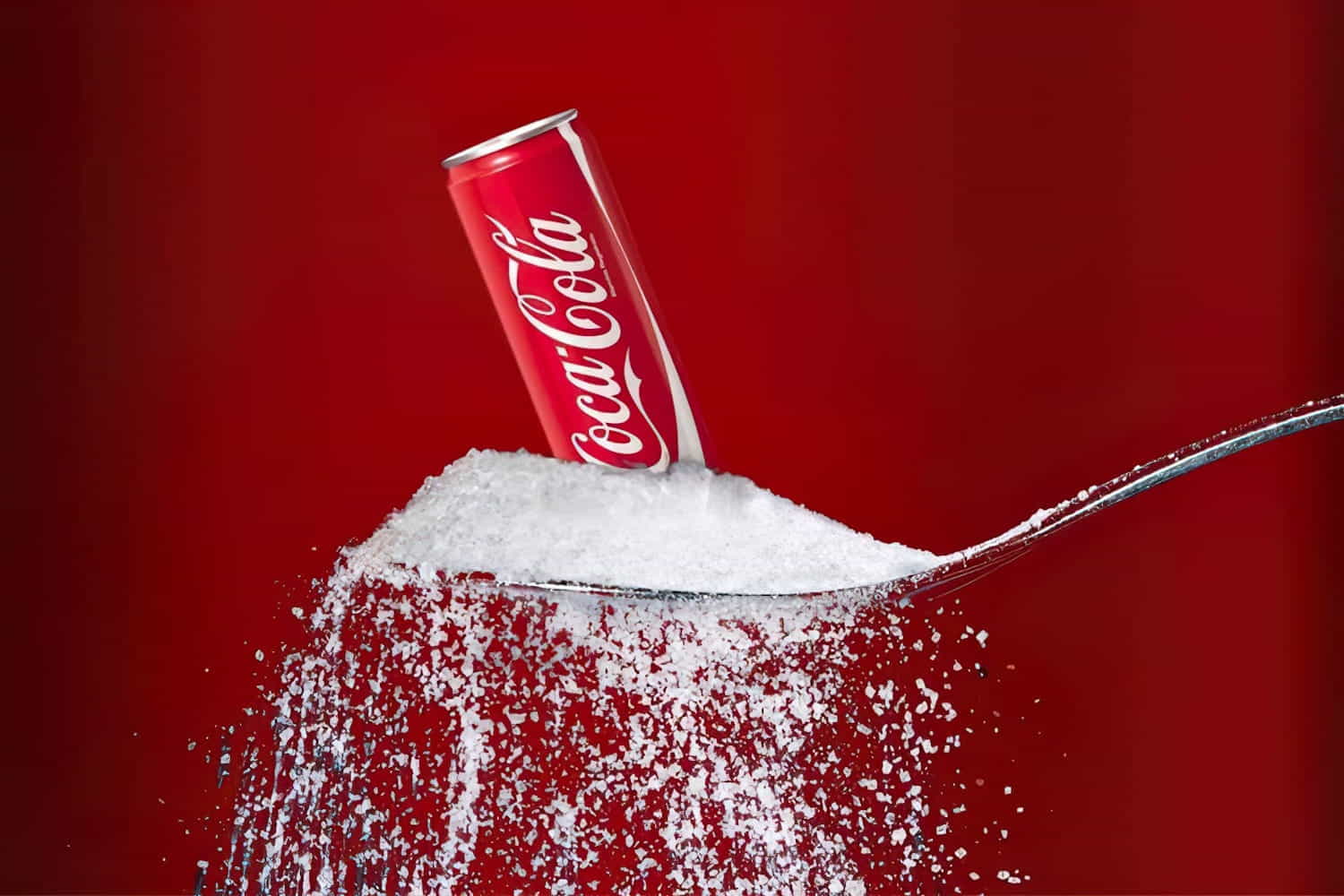Coca-Cola spent decades downplaying the dangers of sugary drinks, echoing Big Tobacco’s tactics, despite overwhelming scientific evidence linking soda to chronic disease.

For decades, Coca-Cola was marketed as a harmless refreshment, a symbol of togetherness and modern living. But behind the red-and-white branding, a very different story has emerged. Scientific studies, legal battles, and investigative reporting point to a company that has long known about — and deliberately downplayed — the dangers of its sugary drinks.
Sugar and disease: the data that couldn’t be ignored
A study published in Nature Medicine in January 2024 painted a stark picture: in 2020 alone, sugary drinks were responsible for 2.2 million new cases of diabetes and 1.2 million cardiovascular diseases worldwide.
Despite repeated warnings from the scientific community, consumption remains high. The average American still drinks about 12 ounces (350 ml) of sugary beverages every day. For every person who avoids them, there’s someone else doubling down.
A “big tobacco” playbook
The controversy isn’t new. Back in 2017, two U.S. pastors — William H. Lamar IV and Delman L. Coates — together with the nonprofit Praxis Project, filed a lawsuit against Coca-Cola and the American Beverage Association for deceptive marketing. According to the complaint, the company was fully aware of the connection between sugar and chronic illness, but chose to muddy the waters with misleading campaigns.
The tactic felt eerily familiar, echoing the playbook of Big Tobacco: minimize risks, cast doubt on science, and manipulate public debate.
“A calorie is a calorie”: the slogan that misled millions
One of Coca-Cola’s most effective messages was the claim that “all calories are the same.” On the surface, it sounded like common sense: what matters is simply balancing calories in with calories out. But the simplicity was deceptive.
By focusing on individual responsibility and exercise, the company shifted attention away from the unique harm caused by liquid sugars. Unlike natural foods, sweetened beverages lack fiber, nutrients, and trigger metabolic effects that make them particularly damaging. The science is clear: not all calories act the same inside the body.
The global energy balance network scandal
In 2014, Coca-Cola funded the creation of the Global Energy Balance Network, a seemingly independent scientific body led by academics from the University of Colorado and the University of South Carolina. Its prominent spokesperson, Steven Blair, insisted that obesity and disease were not linked to soda or junk food, but rather to “too little physical activity.”
The truth soon unraveled. The New York Times revealed that the group was nothing more than a front organization bankrolled and steered by Coca-Cola. The scandal forced then-CEO Muhtar Kent to pen an op-ed in the Wall Street Journal titled “We’ll Do Better”, a rare public admission of fault.
Ads and empty promises
Manipulating science wasn’t Coca-Cola’s only move. In 2013, the company boasted in a now-deleted post that it had “removed 1.5 trillion calories from the U.S. market” by reformulating products and shrinking portions.
Behind the scenes, however, Coca-Cola poured millions into events and think tanks such as the Hudson Institute and the Healthy Weight Commitment Foundation. The irony was glaring: if the company truly wanted to cut calories, it could have simply discontinued its full-sugar sodas. Instead, it continued to push them aggressively — even launching new, extra-sugary variants like Coca-Cola Spiced, which in some cases packs more sugar than the original formula.
The price of disinformation
What emerges is not ignorance but a deliberate choice. Coca-Cola has always known that sugar wreaks havoc on public health. And yet, the company has spent billions on sponsorships, spin campaigns, and research designed to cloud the truth.
It’s a strategy that mirrors tobacco’s history: protect profits at any cost, even if it means sacrificing the well-being of millions.
Today, as diabetes and heart disease rise at alarming rates, the world’s most iconic brand keeps selling its cans, assuring consumers that the blame lies elsewhere.
